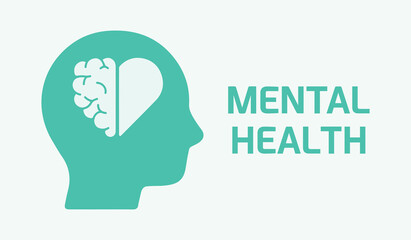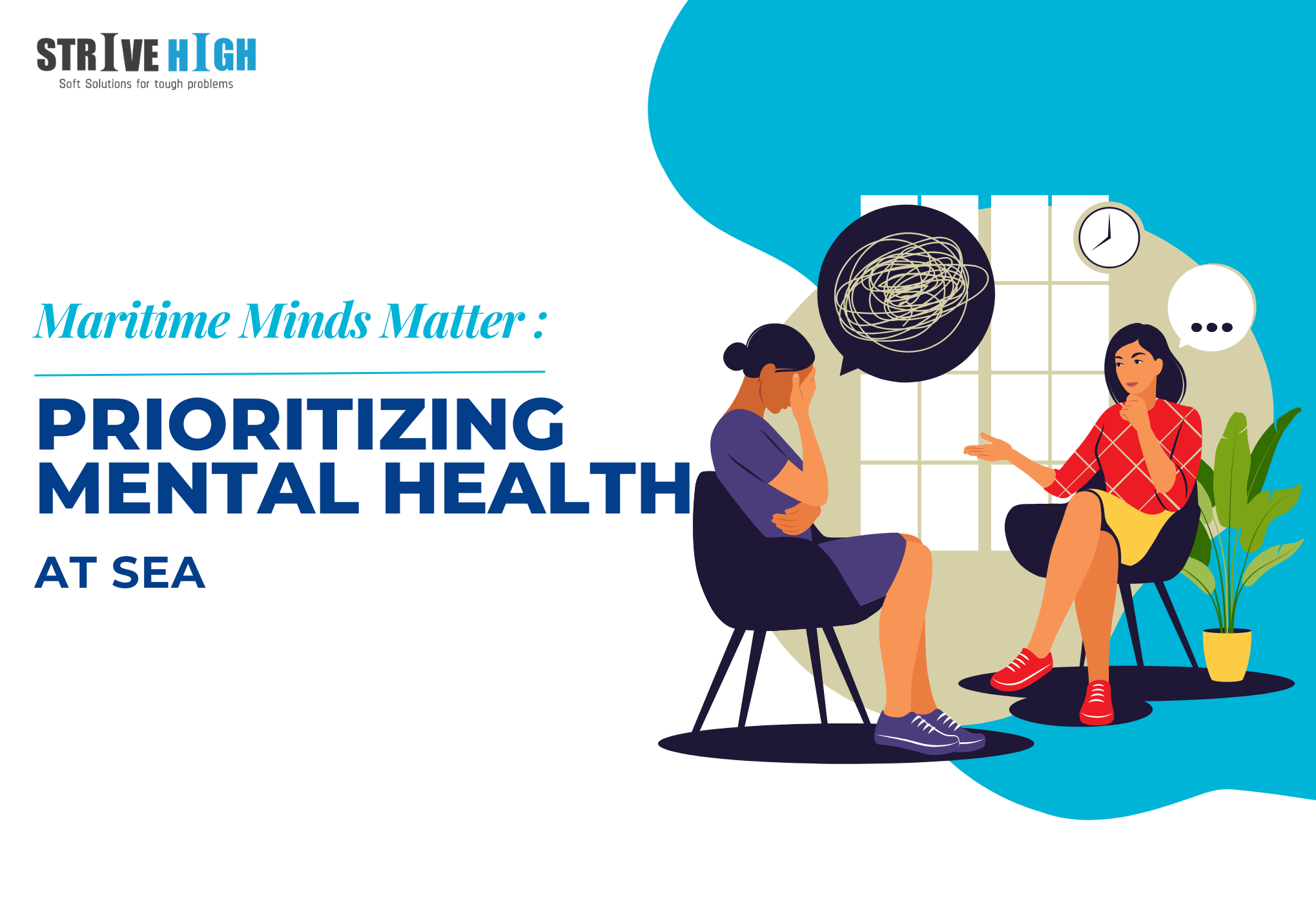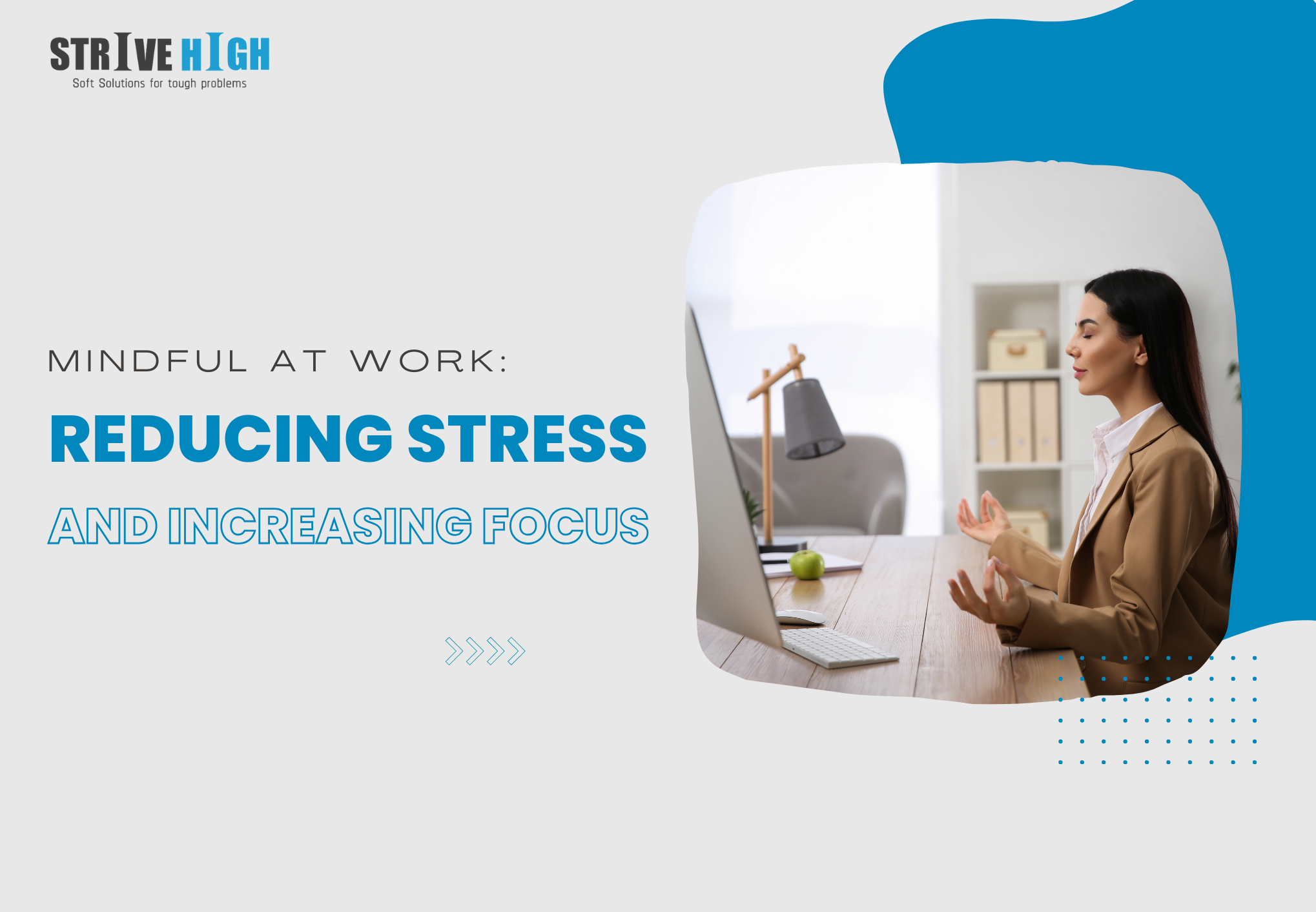Welcome to our Mental Well-being course! In this course, we will explore the essential aspects of maintaining good mental health and well-being. You will learn how to cultivate a positive mindset, manage stress and anxiety, and develop healthy habits to improve your overall mental well-being. By the end of this course, you will have the tools and knowledge to prioritize your mental health and live a happier, healthier life.
Let’s get start:
Learning objectives:
LO1: Define mental health and its importance in overall well-being.
LO2: Identify factors contributing to mental health, including biological, psychological, and social influences.
LO3: Recognize common signs and symptoms of mental health disorders such as anxiety, depression, and stress.
LO4: Understand the difference between normal fluctuations in mood and more serious mental health concerns.
LO5: Explore strategies for building resilience in adversity and stress.
LO6: Develop practical coping skills for managing challenging emotions and situations.
LO7: Challenge stigma and stereotypes associated with mental illness.
LO8: Increase awareness and understanding of diverse mental health experiences and perspectives.
LO9: Enhance self-awareness by identifying personal strengths, values, and triggers.
LO10: Implement self-care practices that support mental well-being, such as mindfulness, exercise, and hobbies.

Course Overview in Points:
- Understand the importance of mental well-being
- Identify signs and symptoms of common mental health issues
- Learn stress management techniques and relaxation methods
- Develop healthy habits for improved mental well-being
- Cultivate a positive mindset and practice self-care
- Understand how to seek help and support when needed
- Develop resilience and coping skills for challenging situations
- Learn how to maintain healthy relationships and boundaries
- Apply mental well-being principles to daily life
“Mental health is just as important as physical health.” – Unknown
The World Health Organization (WHO) is a fantastic resource for anyone interested in mental health! They’ve put together helpful materials like the Mental Health Action Plan 2013-2020, which shares great strategies for improving mental health services around the world. They also offer the MH GAP Intervention Guide, which gives evidence-based tips for managing common mental health issues in everyday healthcare settings. Plus, the World Health Report 2001 highlights the importance of mental health and sheds light on the global challenges we face with mental disorders. It’s all about building a brighter, healthier future for everyone!
Strategies to Improve Mental Well-Being for Marine Professionals
Marine professionals face unique challenges such as isolation, long periods away from home, and demanding work.
Key Strategies to Improve Mental Well-Being for Marine Professionals
- Stay connected with family, friends, and colleagues.
- Maintain physical health through exercise and a balanced diet.
- Prioritize quality sleep and regular breaks.
- Access mental health resources like counseling and training.
- Practice mindfulness, meditation, and relaxation techniques.
- Ensure work-life balance with recreation and fair leave policies.
- Promote professional growth through training and skill development.
- Foster a supportive and open work environment.
- Provide emergency support and clear crisis protocols.
- Raise awareness to reduce mental health stigma.
- Use technology for telehealth and mental wellness apps.
- Implement policies that prioritize mental health and well-being.
Disclaimer
Any information we receive from you is strictly confidential and will not be disclosed to anyone, whether they are inside or outside the organization. Our main goal is to ensure the well-being and safety of the employees by focusing on observing their mental health in the workplace.
You must log in and have started this course to submit a review.


